
10 Best Chilean Books That Will Surprise You
What are the best Chilean Books? If you ask any literary buff about Pablo Neruda, Isabel Allende, and Roberto Bolaño, they will surely know about these literary giants.
What are the best Indian fiction books and by Indian authors?
India is a geographically vast country, making it one of the most diverse countries in the world. That diversity manifests itself in different religions, cultures, languages, traditions, festivals, etc. One exciting aspect of diversity is that it always gives birth to poets and writers who reflect that diversity.
Any person, say, growing up in the North of the country, will generally experience history, politics, and life from the same fellow compatriots who grew up in the South. It makes an interesting point, especially if you want to read the top 10 Indian novels.
Let’s dive in!
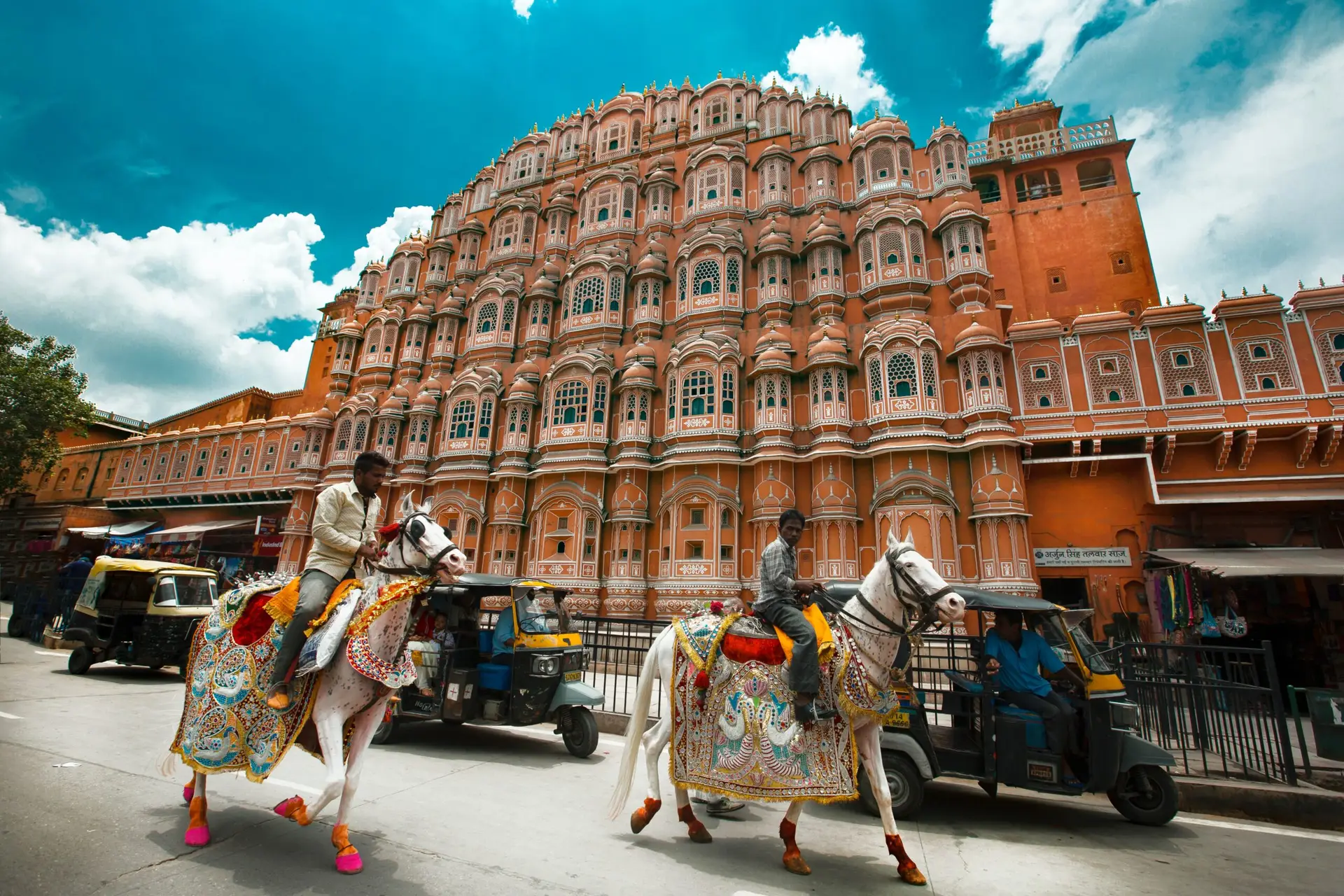
Indian literature is one of the oldest and most diverse in the world, with a rich and varied history spanning several millennia. The literature of the Indian subcontinent are regional languages (vernacular literature) and Sanskrit literature, with the latter widely considered to be the classical literature of India.
The earliest known pieces of Indian literature are the ‘Vedas‘, which are a collection of religious and philosophical poems that were orally transmitted for many generations before they were finally written down in Sanskrit in the 2nd millennium BCE. There are four main texts in The Vedas: the Rigveda, Yajurveda, Samaveda, and Atharvaveda.
Drama and poetry flourished during the classical period, with playwrights like Kalidasa (known for his works like ‘Abhijnanashakuntalam‘ and ‘Meghaduta‘) making significant contributions.
The period between the 14th to the 19th century saw the rise of Bhakti and Sufi literature, which was largely devotional and philosophical in nature. The works of poets like Kabir, Mirabai, Tulsidas, and Raskhan are noteworthy from this period.
With the advent of the British in the 18th century, English literature began to gain prominence in India. During the colonial period, Indian authors started writing in English and Indian English literature came into its own. The works of Rabindranath Tagore, a Nobel laureate, are an important part of this era.
Themes in Indian literature have evolved over time. Early literature was heavily influenced by religious and philosophical themes, while later works began to explore issues related to colonialism, nationalism, social reform, and independence. Contemporary Indian literature often deals with themes related to post-colonial identity, cultural conflicts, gender issues, and the complexities of urban life.
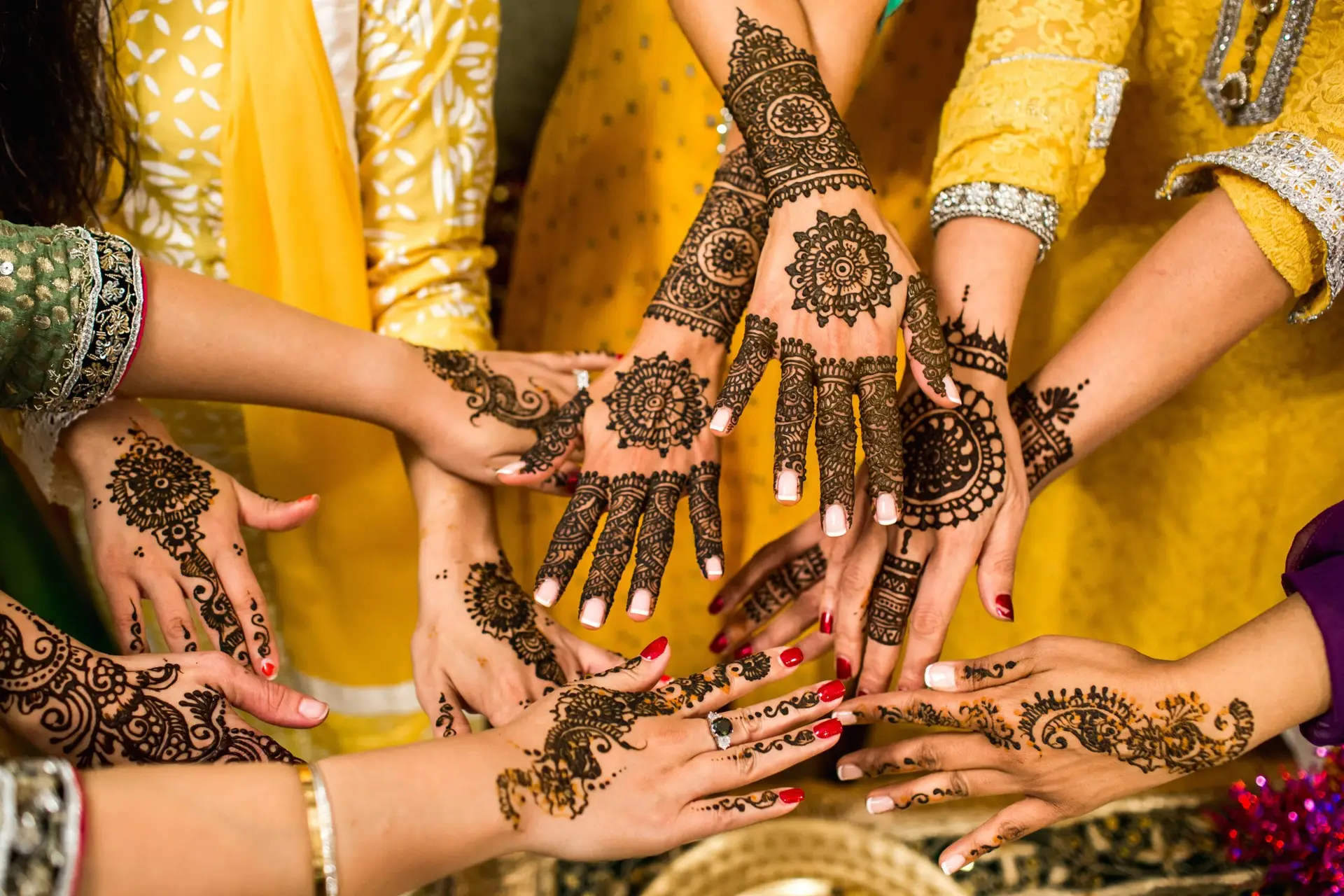
Determining the “greatest” Indian author is highly subjective and depends on individual preferences and opinions. Indian literature boasts a diverse range of talented authors, each with their unique styles and contributions. It would be unfair to single out one author as the absolute greatest.
However, if we consider popularity, impact, and recognition, Rabindranath Tagore is famous as one of the greatest Indian authors. Tagore, the first non-European Nobel laureate in Literature (1913), made significant contributions to poetry, short stories, novels, essays, and plays. His works, such as Gitanjali (Song Offerings) and The Home and the World, showcase his profound insights into human emotions, spirituality, and societal issues.
Furthermore, other authors like R.K. Narayan, Raja Rao, Vikram Seth, Salman Rushdie, and Arundhati Roy, among many others, have also made notable contributions to Indian literature and have garnered significant acclaim and readership. It is important to acknowledge the diverse range of voices and literary achievements that have enriched Indian literature over the years.
Just like a diverse India, we have also made a diverse list. Here you will find a list of the top 10 Indian fiction authors, and you can add them to your books to read in 2023!
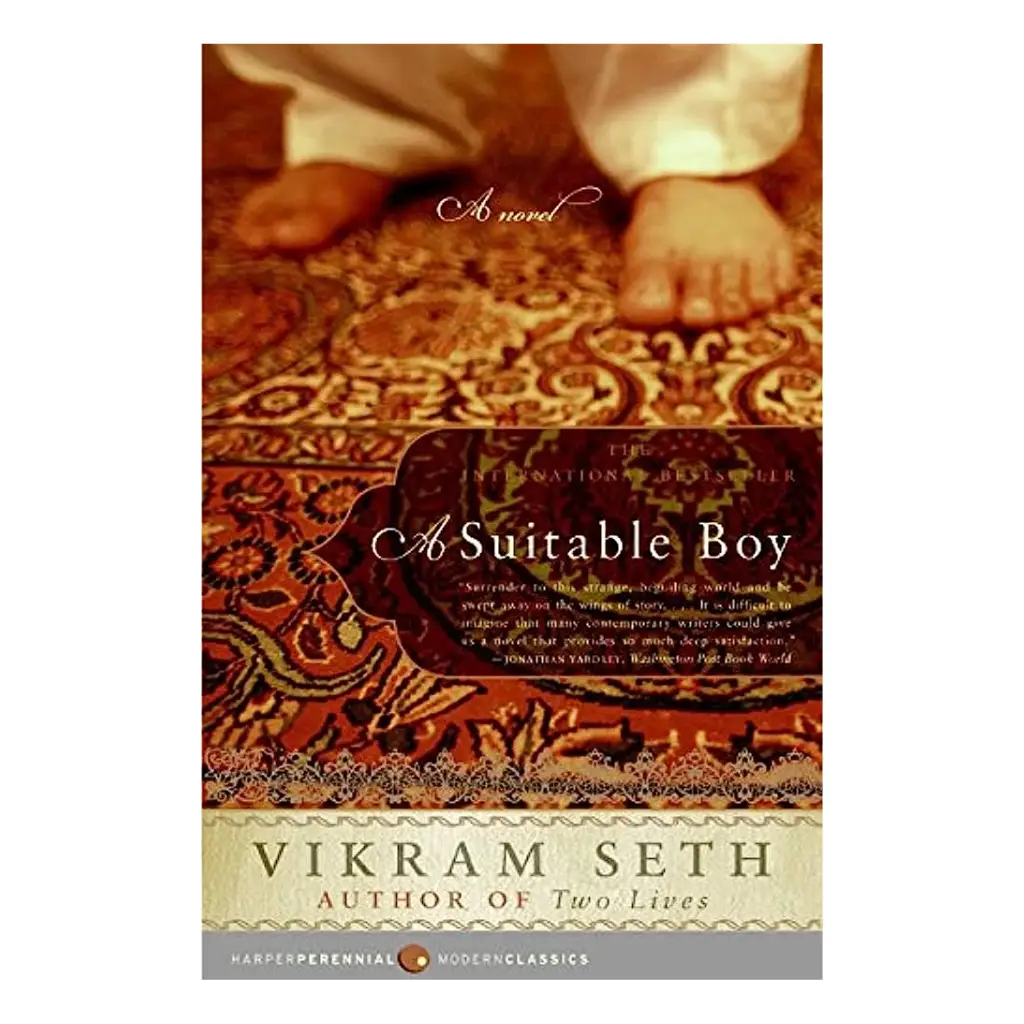
Author: Vikram Seth
Vikram Seth was born in Calcutta. He is most famous for his novels The Golden Gate and his grand work A Suitable Boy – his magnum opus work for its length and narrative, compared to the works of Leo Tolstoy, James Joyce, and Charles Dickens.
Vikram Seth has received many awards for his contributions to fiction, such as the Commonwealth Writers’ Prize and the Crossword Book award. In addition, he is a highly respected and critically acclaimed Indian writer of modern times.
Book: A Suitable Boy
The novel revolves around four families, and its central theme is looking for a suitable boy for the daughter by the families. Set in the 1950s, right after the partition of India, the novel discusses the Indian culture. Especially the caste system which reveals its racial nature in terms of inter and intra-family intrigues.
In 2020, BBC television series adapted A Suitable Boy, and it is also available on Netflix. As one of the best Indian fiction books, it is a must-read if you are looking for a great read like War and Peace but around India’s social conflict and class struggle.
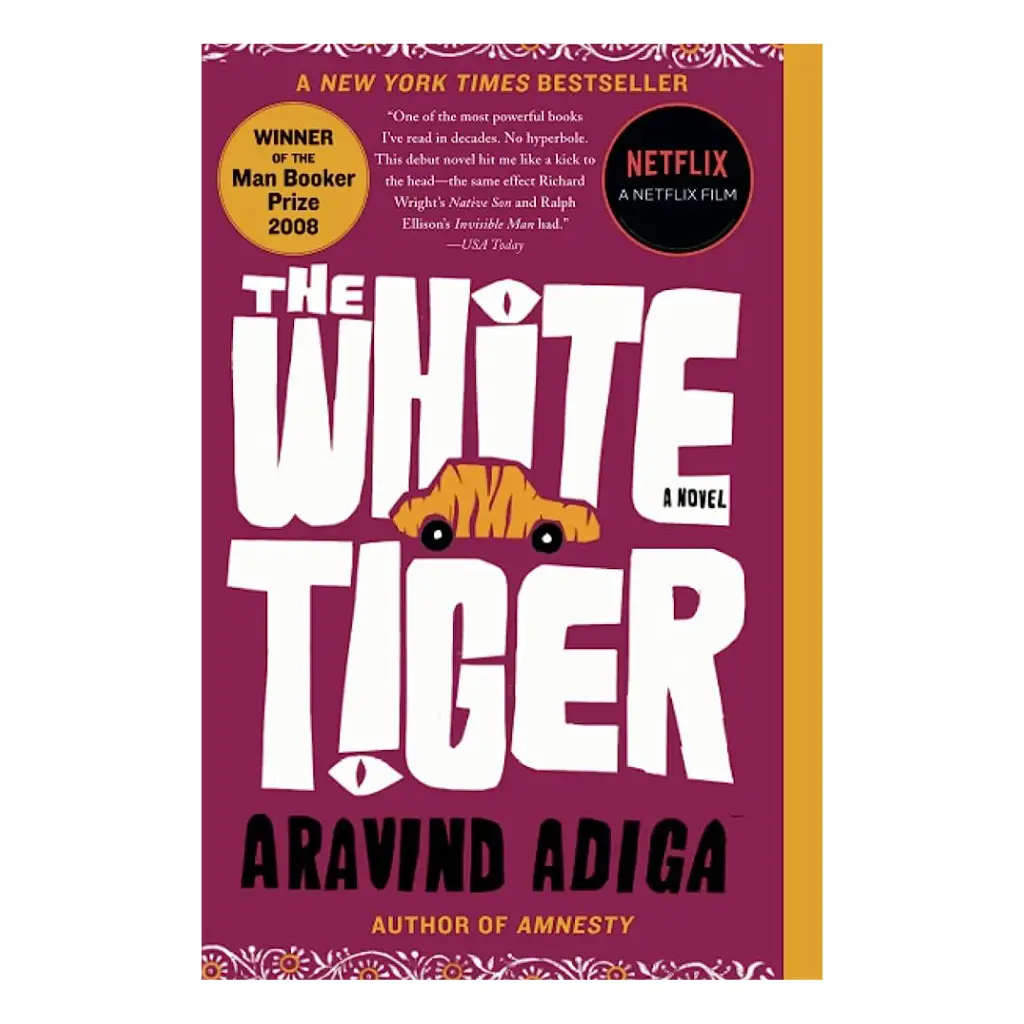
Author: Arvind Agida
Aravind Agida is famous for his insightful and intelligent writing about contemporary India. His writing involves India’s political and economic disparities and frequently explores modern India’s complicated social, political, and economic realities. Hence, Aravind Agida is one of the famous contemporary Indian literature writers.
He debuted in the world of writing with his book The White Tiger, won him the prestigious Man Booker Prize in 2008. Then it was also adapted as a film starring Priyanka Chopra and is available on Netflix.
Book: The White Tiger
The novel is the story of a man who lives impoverished in a village and becomes a successful entrepreneur in Bangalore. This is the capital of India’s southern Karnataka state. The White Tiger discusses power, corruption, social mobility, and class divide in contemporary India. Agida exposes the poverty and exploitation experienced by the people, which involves his uncompromising assessment of India’s class system.
It also discusses the more overarching factors that influence Indian society. There are issues such as political corruption, globalization, and the conflict between tradition and modernity. Adiga paints a rich and nuanced portrayal of contemporary India through his vivid and frequently darkly hilarious prose. Overall, The White Tiger is a thought-provoking commentary on the human cost of progress.
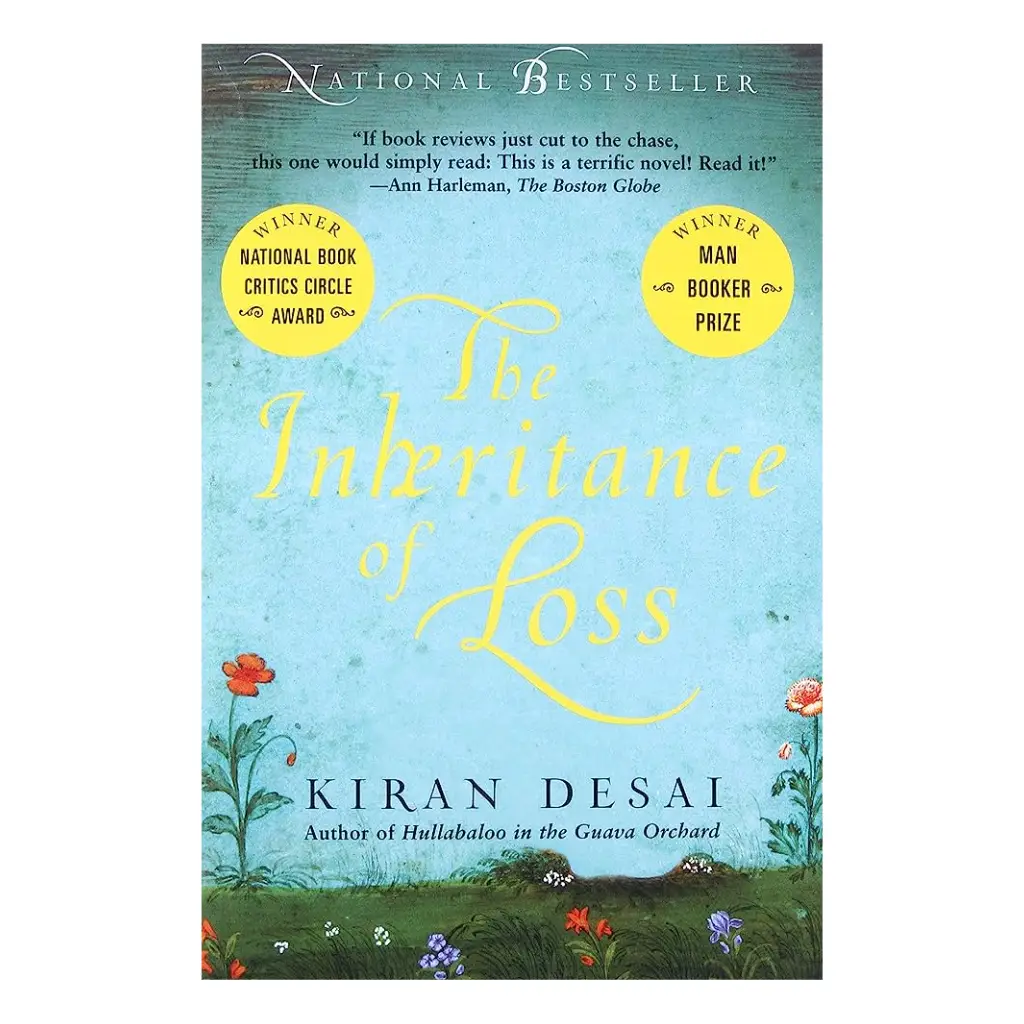
Author: Kiran Desai
Kiran Desai was born in New Delhi, India. She is the daughter of the famous novelist Anita Desai. Her first novel, Hullabaloo in the Guava Orchard, published in 1998, making her famous among literary circles.
Then her second novel, The Inheritance of Loos, launched her to the scene of world literature. Thanks to this amazing work, she received the Man Booker prize in 2006. She is the youngest female writer to have received the Man Booker award.
Book: The Inheritance of Loss
The context took place in Kalimpong, a town near the Himalayas bordering Nepal. The Inheritance of Loss is about displacement and alienation as every character, from grandfather, granddaughter, a cook in the house, and cook’s son in America.
They all are misplaced and resent everything around them, making them more alienated from society, identity, and changing politics and social norms dynamics. A town engulfing many nationalities and being threatened by Nepalese insurgents eventually erupts into regret, shame, and anger.
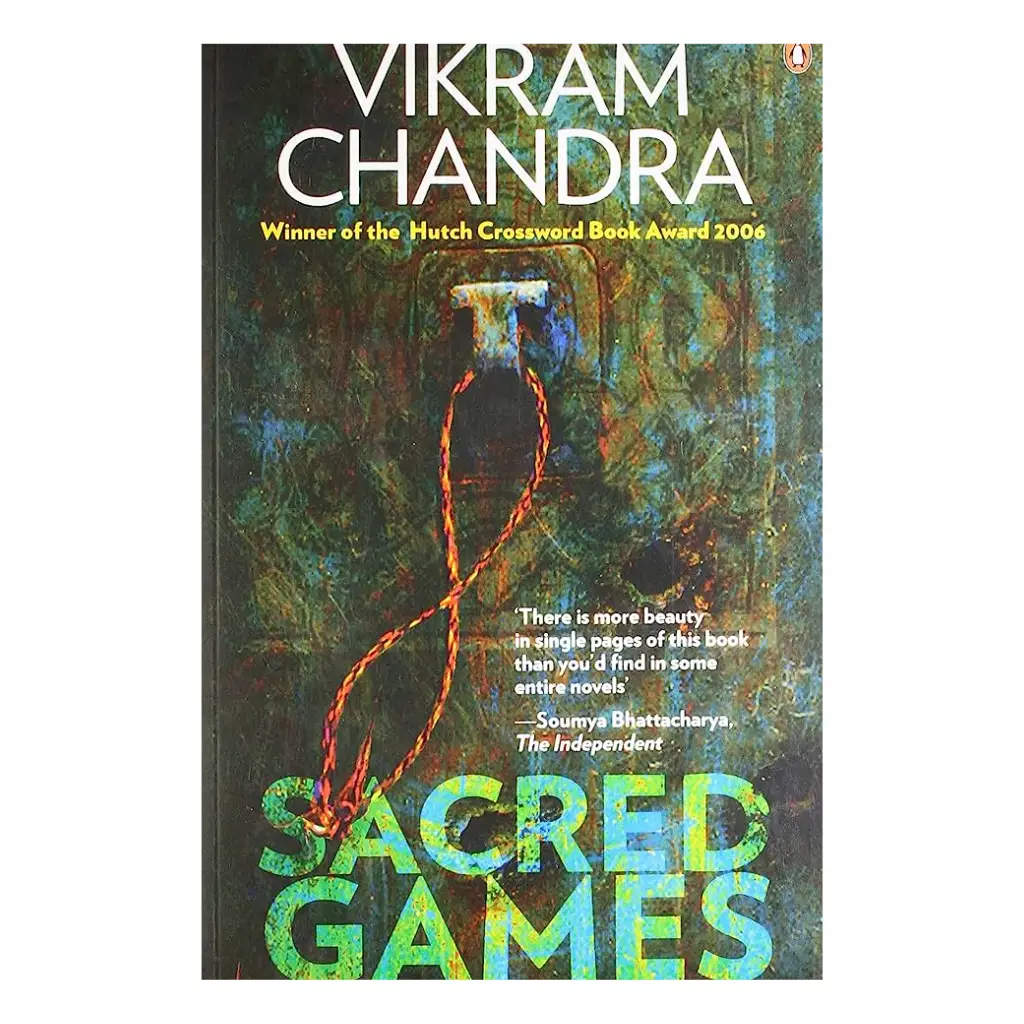
Author: Vikram Chanda
Vikram Chandra is an Indian-American novelist, screenwriter, and academic known for his incisive analysis of modern Indian society. He has blessed the world with his esteemed work, such as his debut novel Red Earth and Pouring Rain. And the epic crime thriller Sacred Games, which is later appeared as a popular television series.
Moreover, Chandra has written screenplays and served as a consultant for significant Hollywood productions. Undoubtedly, he is a critical figure in modern Indian literature with multilayered storytelling.
Book: Sacred Games
Sacred Games, as one of the best Indian fiction books, takes place in Mumbai. It is a metropolis city of India, around the 1980s and is based loosely on a real-life character Dawood Ibrahim. At its core, it is about power, corruption, and the search for identity.
Chandra discusses Indian political and social systems, exposing how they perpetuate inequality and oppression. The novel also reflects on the more prominent themes of Indian identity, history, and culture. He also draws on a rich array of literary and cultural references to create a complex portrait of contemporary India.
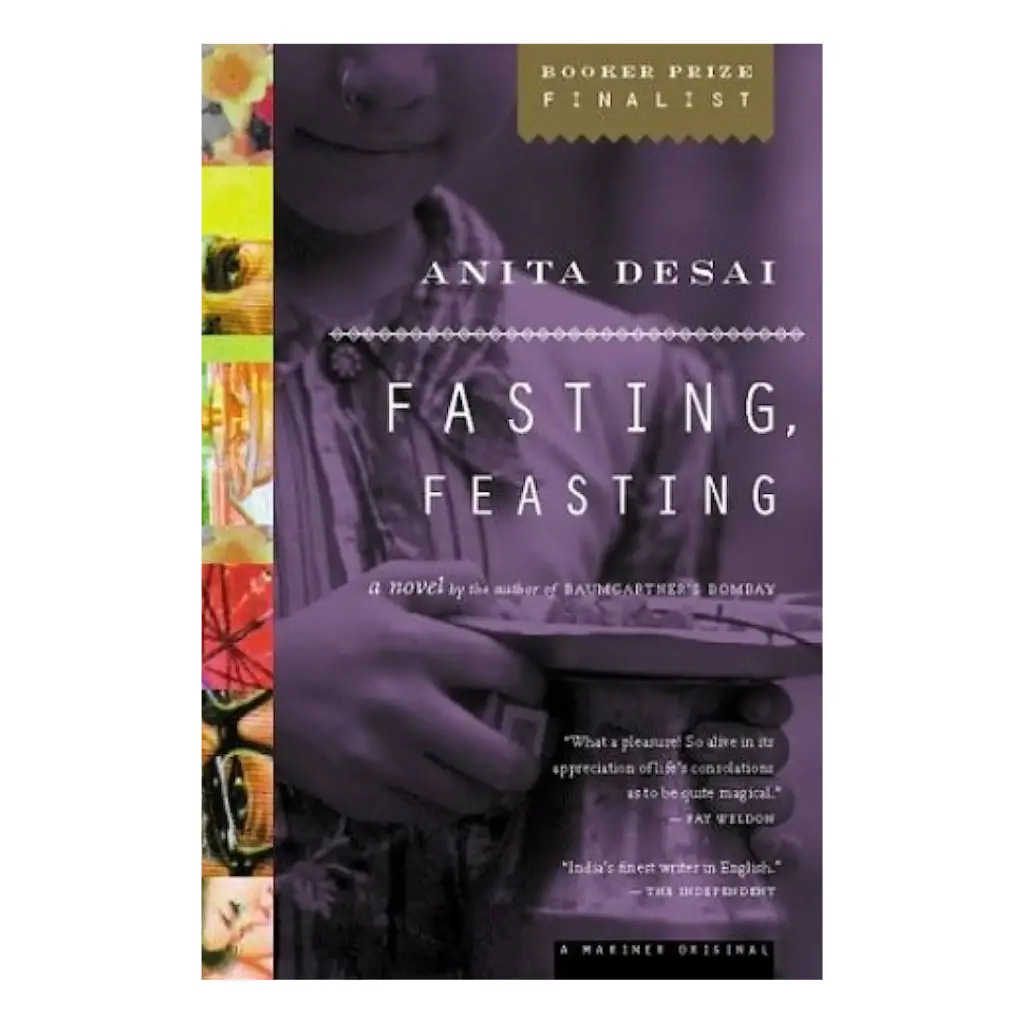
Author: Anita Desai
Anita Desai was born in Mussoorie, India. And she is a prominent Indian novelist and short story writer and being one of the leading voices in contemporary Indian literature.
Her mixed heritage and early experiences of displacement and cultural dislocation appear in her work. For this reason, Anita Desai is famous for her vivid descriptions of the Indian landscape and culture and her sensitive portrayal of human relationships.
Furthermore, she has received numerous honors and awards, including the Sahitya Akademi Award, the British Guardian Fiction Prize. Plus, the Padma Shri – one of India’s highest civilian honors.
Book: Fasting, Feasting
Fasting, Feasting is set in two places. The first place is a strict house in Uttar Pradesh, a state in Northern India. And the second one is and a lone and cold home in Massachusetts suburbs. As one of the best Indian fiction books, it explores gender roles, tradition, cultural conflict, and the struggle for individual freedom in a conservative society. Two siblings, Uma and Arun, struggle with societal expectations and family obligations of the traditional Indian culture.
Desai portrays the lack of agency and controls that many women experience in traditional Indian families. Indian women, with their lives being shaped and regulated by the men around them. The whole novel is a conflict between traditional Indian values and modern Western ideals, which makes it a fascinating read for any reader interested in how conflicts shape life.
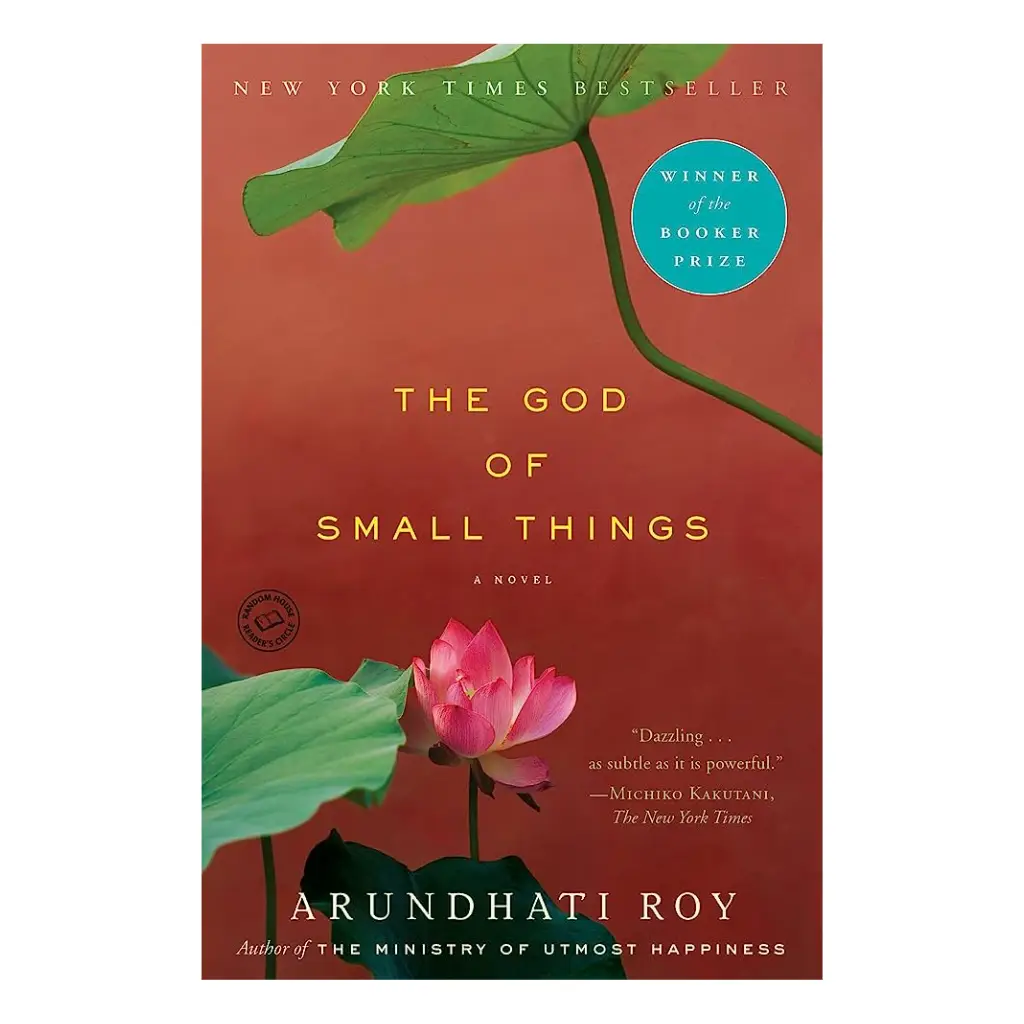
Author: Arundhati Roy
Arundhati Roy is one of India’s finest voices and a critically acclaimed author known worldwide for her debut novel, The God of Small Things, which won her Booker Prize for Fiction in 1997. Roy is venerable for her vivid imagery, poetic language, and unique perspective on contemporary Indian society.
She is also a political activist known for her activism and writings on human rights, social justice, and environmental causes.
Book: The God of Small Things
The novel is set in the Southern Indian state of Kerala and sheds light on intricate issues of caste, gender, and class. Like the above-discussed novel, The God of Small Things involves the childhood experiences of two siblings.Rahel and Estha, who experience love and loss while struggling through social hierarchies.
As the novel was launched at the end of the 20th century, it perfectly captures the profound political and cultural transformations that India underwent after partition in the second half of the 20th century. The emergence of Hindu nationalism and the effects of globalization on rural areas of India are some of the external influences on the novel. Because the author is also an activist for social causes and climate change.
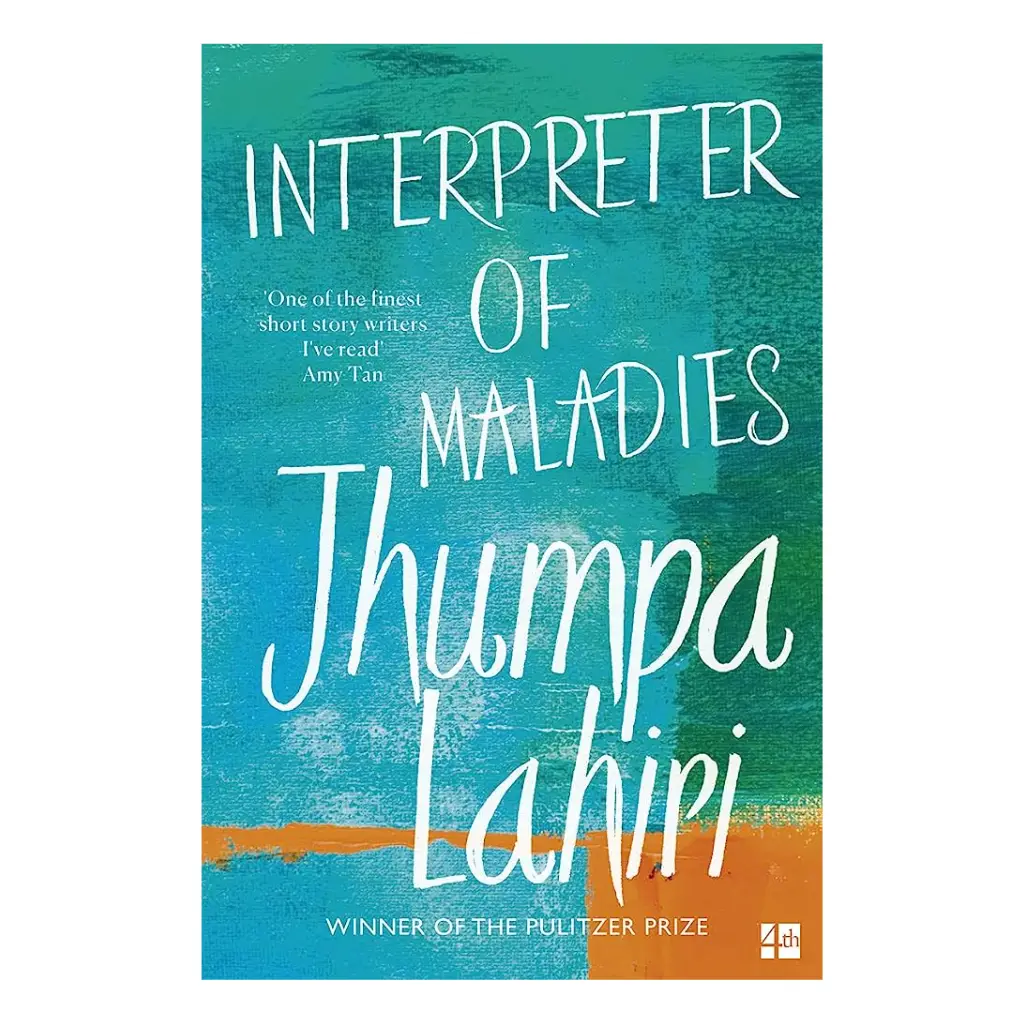
Author: Jhumpa Lahiri
Although she was not born in India, Jhumpa Lahiri has roots in India as her parents are from Bengal. Most of the work revolves around identity, belonging, and immigration, which she experienced growing up. Her debut collection, ‘Interpreter of Maladies,’ reflected all those experiences and won her a Pulitzer Prize. She has written in English, but since she moved to Italy, she has been writing in Italian.
Book: Interpreter of Maladies
With Jhumpa Lahiri’s elegant and touching stories, the characters in Interpreter of Maladies try to find love that goes beyond the barriers of culture and generations. They do this by balancing the Indian values they were raised with and the strange new world. In the main story, an interpreter shows an American family around the India of their ancestors and hears a shocking confession.
As one of the best Indian fiction books, all these experiences of looking for belonging and immigrant experiences of Indian families are written about in her short story collection. Some of the stories were published in The New Yorker, The Paris Review. And later more, and she made it to her debut collection alongside already published stories.
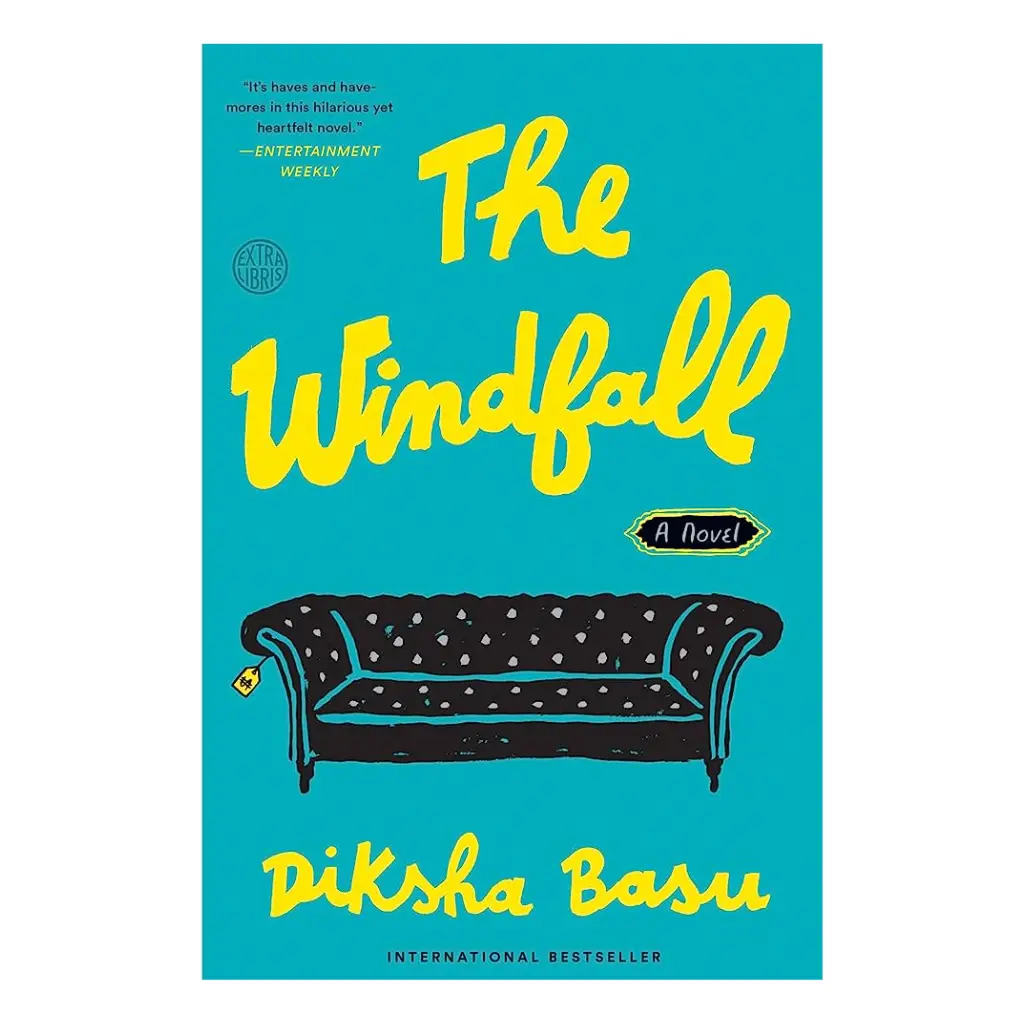
Author: Diksha Basu
Diksha Basu was born in New Delhi, India. She has lived most of her life in the urban middle class growing up in the metropolis capital New Delhi. Her living and education experiences have also seeped from Western universities. In her work, readers can explore the very experiences of modern Indian society, especially the lives of the urban middle class.
She is famous for her humorous portrayal of Indian life in India and foreign countries. Which is evident in her novel; ‘The Windfall’, and latest release ‘Destination Wedding,’ published in 2020.
Book: The Windfall: A Novel
‘The Windfall’ revolves around a middle-class locality in East Delhi, India. The Jha family suddenly becomes rich after selling a website and aspires to move to the upscale neighborhood of New Delhi. As they move to an upscale neighborhood, they experience new social status. It put them in conflict with themselves and their neighbors.
As one of the best Indian fiction books, it is a good read for anyone who wants a humorous reading on the weekend with its sharp criticism of Indian society and class struggle.
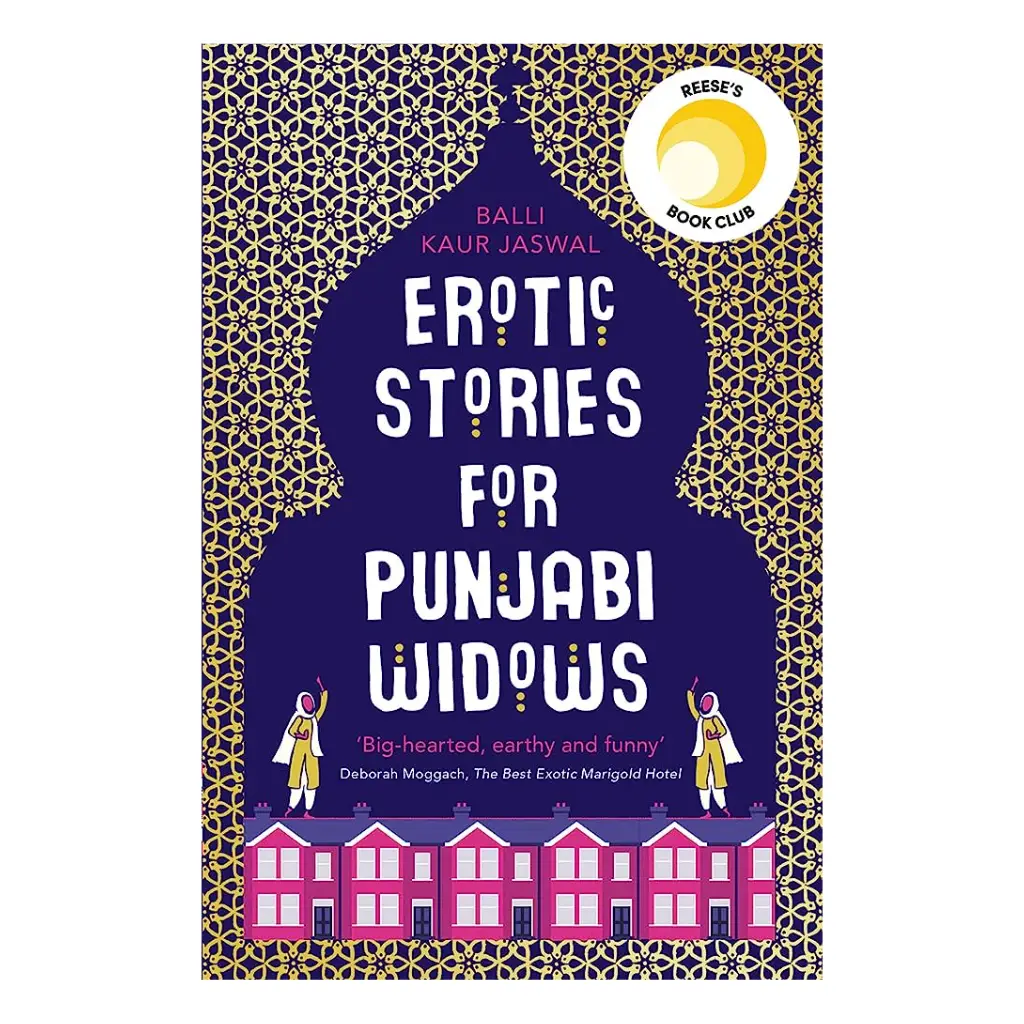
Author: Balli Kaur Jaswal
Although Balli Kaur Jaswal was born in Singapore, she has roots in Indian Punjab, which borders Pakistan. Her parents are Sikh, so she inherits her Punjabi roots, which also shows in her work. She has published three novels so far. Inheritance being the first and latest, Erotic Stories of Punjabi Widows. All of her novels explicitly explore the lives of Punjabi Sikh families.
Book: The Erotic Stories of Punjabi Widows: A Novel
The novel is set in London around a vibrant Sikh Community in India. As one of the best Indian fiction books, ‘The Erotic Stories of Punjabi Widows‘ has one central female character. Nikki, a young girl moves from Indian Punjab to London for her work.
After finding a job at a community center, she expects something unexpected as widows from her community start sharing erotic stories. Her stories are surprising, full of humor and intimacy, eventually leading to uncomfortable situations in the novel.
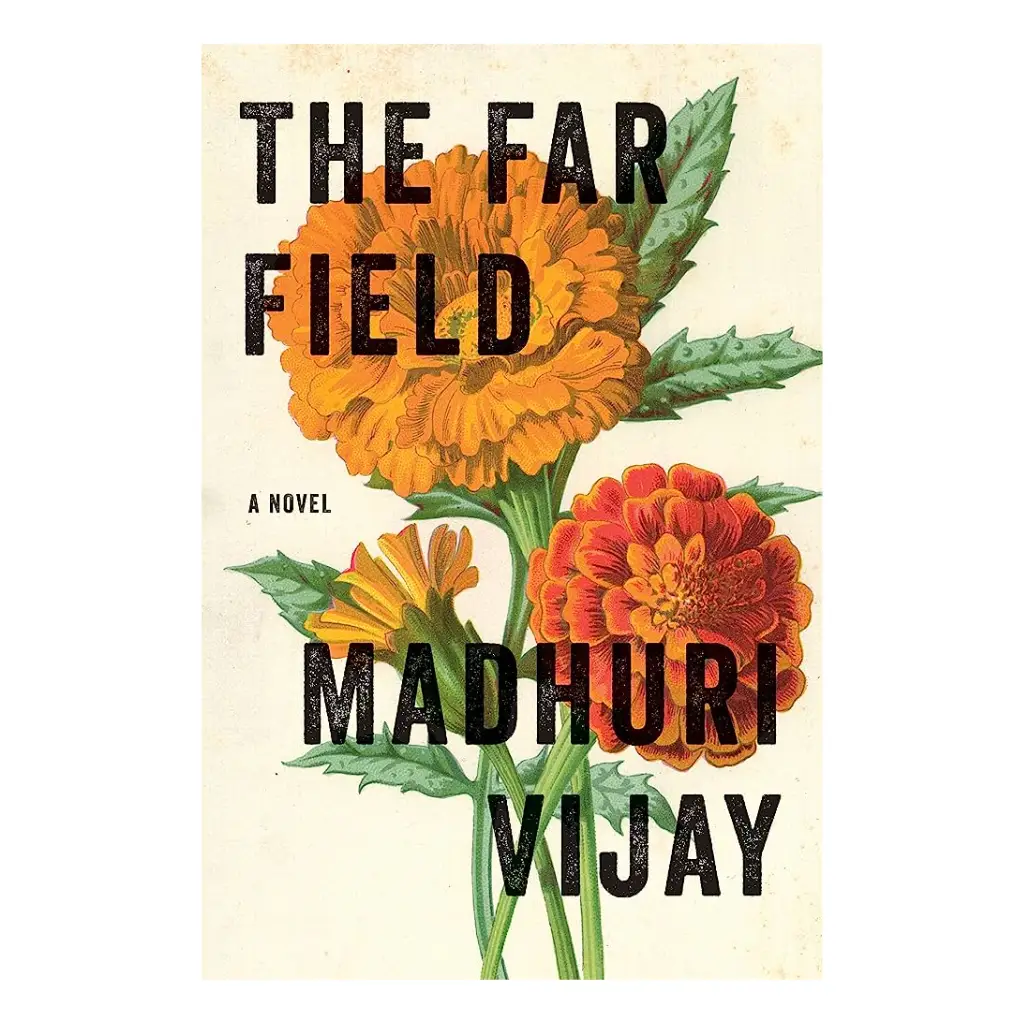
Author: Madhuri Vijay
Madhuri Vijay was born in Bangalore, the capital of India’s southern Karnataka state. However, she grew up in America. She is the recipient of the Pushcart prize and the JCB prize for literature, among many others.
The Far Field is her debut novel, and her other works, like short stories and essays, have appeared in The New Yorker, Granta, and The Caravan magazine.
Book: The Far Field
This novel revolves around a woman named Shalini. She lives in Bangalore but is haunted by the memories of Bashir Ahmad, a male protagonist in the novel who is from Indian Kashmir, the northernmost territory of India.In her going after the man, we can explore the relationship between India and Kashmir; it’s an occupied territory.
When she goes on a journey, she learns many new experiences, sees militancy, and goes through uncomfortable situations. As one of the best Indian fiction books, The Far Field is praised for its insightful commentary on the political and social issues facing Indian-Kashmir, through its characters.
There are many other top Indian novels and top Indian authors that we might have included in the list. But we made a list dynamic geographically, so if you are thinking of reading or making a list of books to read in 2023, you can add these books and should read them. Indian fiction is diverse, where you will see the class struggle, conflict, social issues, identity, alienation, and looking for belonging in a continuously changing society.
We got you! Check out
You can also sign up for the newsletter below to get worldwide book, movie, and music recommendations straight to your inbox!
Do you want global book, music, and movie recommendations straight to your inbox?
Sign up for the newsletter below!

What are the best Chilean Books? If you ask any literary buff about Pablo Neruda, Isabel Allende, and Roberto Bolaño, they will surely know about these literary giants.

We all know how English literature by English writers is easily accessible. And it has been for a long time because a large part of

Now that we’re entering the holiday season, it’s an excellent time for reflection. And what a year it’s been. I changed jobs, got married, and

